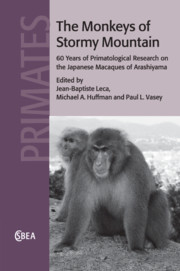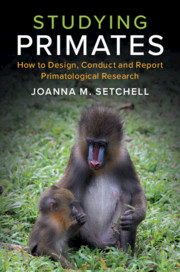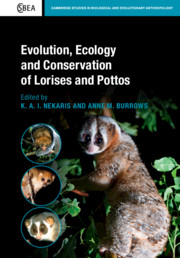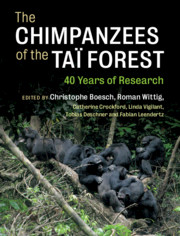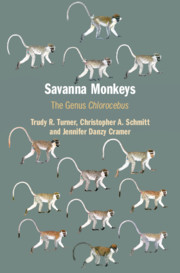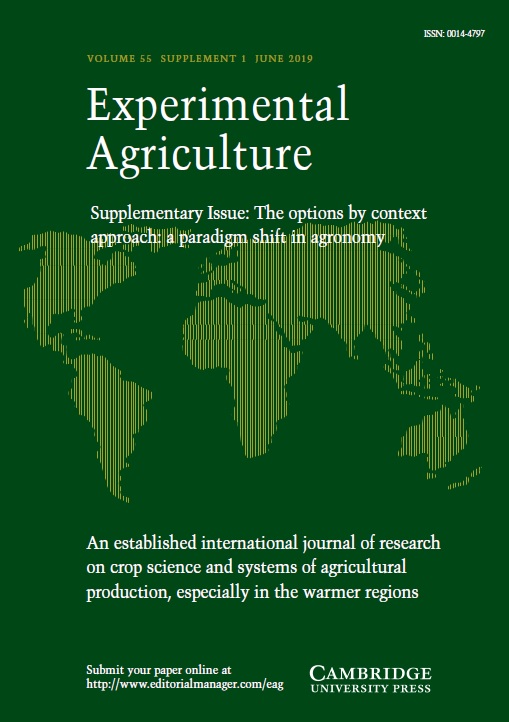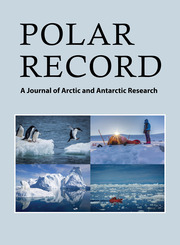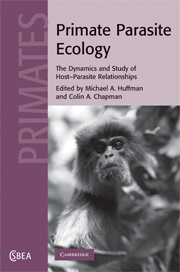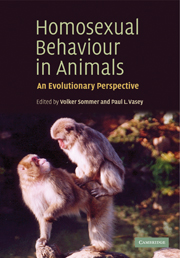The Monkeys of Stormy Mountain
60 Years of Primatological Research on the Japanese Macaques of Arashiyama
Part of Cambridge Studies in Biological and Evolutionary Anthropology
- Editors:
- Jean-Baptiste Leca, University of Lethbridge, Alberta
- Michael A. Huffman, Kyoto University, Japan
- Paul L. Vasey, University of Lethbridge, Alberta
- Date Published: February 2012
- availability: This ISBN is for an eBook version which is distributed on our behalf by a third party.
- format: Adobe eBook Reader
- isbn: 9781139210645
Find out more about Cambridge eBooks
Adobe eBook Reader
Other available formats:
Hardback, Paperback
Looking for an inspection copy?
This title is not currently available for inspection. However, if you are interested in the title for your course we can consider offering an inspection copy. To register your interest please contact [email protected] providing details of the course you are teaching.
-
The Arashiyama group of Japanese macaques holds a distinguished place in primatology as one of the longest continuously studied non-human primate populations in the world. The resulting long-term data provide a unique resource for researchers, allowing them to move beyond cross-sectional studies to tackle larger issues involving individual, matrilineal and group histories. This book presents an overview of the scope and magnitude of research topics and management efforts that have been conducted on this population for several decades, covering not only the original troop living around Kyoto, Japan, but also the two subgroups that were translocated to Texas, USA and Montreal, Canada. The chapters encompass topics including life history, sexual, social and cultural behaviour and ecology, giving an insight into the range of current primatological research. The contributors underscore the historic value of the Arashiyama macaques and showcase new and significant research findings that highlight their continuing importance to primatology.
Read more- Provides a valuable overview of the most important topics in current primatology
- Details the history of research at Arashiyama, demonstrating the importance of long-term primatological studies
- Addresses the conservation status and management of the Arashiyama macaques
Reviews & endorsements
'Many of us who have worked with completely wild, nonprovisioned study populations like to think our data more closely reflect the natural ecology of our study animals, but the detail and depth of the studies carried out at the Arashiyama sites remain unmatched by those from more naturalistic sites. This volume shows how the Arashiyama monkeys have inspired and continue to enhance field research by primatologists around the world.' David S. Sprague, The Quarterly Review of Biology
Customer reviews
Not yet reviewed
Be the first to review
Review was not posted due to profanity
×Product details
- Date Published: February 2012
- format: Adobe eBook Reader
- isbn: 9781139210645
- contains: 63 b/w illus. 36 tables
- availability: This ISBN is for an eBook version which is distributed on our behalf by a third party.
Table of Contents
List of contributors
Foreword Masao Kawai
Preface
Introduction Michael A. Huffman, Paul L. Vasey and Jean-Baptiste Leca
Part I. Historical Perspectives:
1. A brief historical timeline of research on the Arashiyama macaques Michael A. Huffman, Linda M. Fedigan, Paul L. Vasey and Jean-Baptiste Leca
2. In search of the phantom monkeys (originally published in 1975) Eiji Ohta, translated by Michael A. Huffman
3. Arashiyama monkeys in the late 1950s Yukimaru Sugiyama
4. Touches of humanity in monkey society (originally published in 1980) Naoki Koyama, translated by Michael A. Huffman
5. Fifty years of female macaque demography at Arashiyama, with special reference to long-lived females (>25 years) Alisa Chalmers, Michael A. Huffman, Naoki Koyama and Yukio Takahata
Part II. Sexual Behaviour:
6. Long-term trends in the mating relationships of Japanese macaques at Arashiyama, Japan Michael A. Huffman and Yukio Takahata
7. Correlates between ovarian cycle phase and mating season behaviour in female Japanese macaques (Macaca fuscata) Ann O'Neill
8. Factors influencing mating frequency of male Japanese macaques (Macaca fuscata) at Arashiyama West Katharine M. Jack
9. Costs and benefits of old age reproduction in the Arashiyama West female Japanese macaques Mary S. M. Pavelka and Linda M. Fedigan
10. Is female homosexual behaviour in Japanese macaques really sexual? Paul L. Vasey and Doug P. VanderLaan
Box essay. Male homosexual behaviour in Arashiyama Yuji Takenoshita
11. A theoretical model of the development and evolution of non-conceptive mounting behaviour in Japanese macaques Doug P. VanderLaan, Sergio M. Pellis and Paul L. Vasey
12. Male masturbation behaviour of Japanese macaques in Arashiyama E troop Eiji Inoue
Part III. Cultural Behaviour, Social Interactions, and Ecology:
13. Thirty years of stone handling tradition in Arashiyama macaques: implications for cumulative culture and tool use in non-human primates Jean-Baptiste Leca, Noëlle Gunst and Michael A. Huffman
14. Social object play among juvenile Japanese macaques: comparison between the provisioned Arashiyama troop and the non-provisioned Kinkazan troop Masaki Shimada
Box essay. Play fighting in Japanese macaques: a comparative perspective Sergio M. Pellis and Vivien C. Pellis
Box essay. Eye-covering play in Japanese macaques and orangutans Anne Russon and Paul L. Vasey
15. Behavioural sequences involved in grooming interactions in adult female Japanese macaques: how do participants change roles and maintain interactions? Mariko Fujimoto
Box essay. Dental flossing behaviour as a grooming-related innovation by a Japanese macaque Jean-Baptiste Leca
16. The impact of kinship, defence cost and priority of access on food competition in Japanese macaques Patrick Bélisle, Jean Prud'homme and Constance Dubuc
17. Plant-food diet of the Arashiyama Japanese macaques and its potential medicinal value Michael A. Huffman and Andrew J. J. MacIntosh
Part IV. Management and Education:
18. Birth control in female Japanese macaques at Iwatayama Monkey Park, Arashiyama Keiko Shimizu
19. Importance of the Arashiyama Japanese macaques in science and environmental education Yuji Takenoshita and Yukiyo Maekawa
Appendix. Bibliography of publications on the Arashiyama macaques
Index.
Sorry, this resource is locked
Please register or sign in to request access. If you are having problems accessing these resources please email [email protected]
Register Sign in» Proceed
You are now leaving the Cambridge University Press website. Your eBook purchase and download will be completed by our partner www.ebooks.com. Please see the permission section of the www.ebooks.com catalogue page for details of the print & copy limits on our eBooks.
Continue ×Are you sure you want to delete your account?
This cannot be undone.
Thank you for your feedback which will help us improve our service.
If you requested a response, we will make sure to get back to you shortly.
×
